As a storm heads towards the city, a midwife in Reykavik finds a stash of letters and manuscripts left behind by her grandaunt, and in going through them rediscovers the woman she remembers in Auður Ava Ólafsdóttir’s Animal Life.
In the days leading up to Christmas, Dómhildur delivers her 1,922nd baby. Beginnings and endings are her family trade; she comes from a long line of midwives on her mother’s side and a long line of undertakers on her father’s. She even lives in the apartment that she inherited from her grandaunt, a midwife with a unique reputation for her unconventional methods.
As a terrible storm races towards Reykjavik, Dómhildur discovers decades worth of letters and manuscripts hidden amongst her grandaunt’s clutter. Fielding calls from her anxious meteorologist sister and visits from her curious new neighbour, Dómhildur escapes into her grandaunt’s archive and discovers strange and beautiful reflections on birth, death and human nature.
Auður Ava Ólafsdóttir prefaces her novel with a note explaining her choice of midwife as main character. It’s both surprising and beautiful, I would even say illuminating. And it sets the tone for a book, which is all of those things, too.
We meet Dómhildur, or Dýja, in the week before Christmas, about to help deliver her umpteenth baby. Named after her grandaunt, and from four generations of midwives on her mother’s side and the family firm of undertakers on her father’s, it’s fair to say that she knows a thing or two about life and death. When talking about her own experiences, as well as recounting her namesake’s observations, she comes across as a philosopher midwife. Both women are refreshingly direct. They’re that little bit different and I liked that about them. I found them to be droll and entertaining.
On Dýja’s way home after her shift, Auður Ava Ólafsdóttir shows us the attention that Dýja pays to her surroundings, including changes in the natural world, which contrasts sharply with how little she pays to the apartment she’s inherited. There are other smaller signs that Dýja is struggling and the approaching storm, long winter nights and short days, and demands made on her around Christmas further serve to emphasise this ‘darkness’ or stagnation in her life.
Towards the end, my grandaunt was starting to reread the same books over and over again… and she sometimes dabbed an eye after reading, and spoke about the precariousness of life and the light. How scant the light was.
When she finds grandaunt Fifa’s papers and decides to sort through them, what Dýja hopes will prove a distraction while waiting out the storm instead provides us with the opportunity for a remarkable retrospective. Fifa’s writing not only leads us to a greater understanding and appreciation of the woman herself, as well as her so-called idiosyncrasies, but it also sheds light on the subjects she explored, which are surprising in their scope and content.
As Dýja pieces together her grandaunt Fifa’s life from their shared family background to memories of her singular relative, while revisiting her unique history of Icelandic midwifery with excursions into life’s big questions in her writing, this book manages to be both expansive and intimate, disarming and engaging, and look at the big issues it covers with playfulness and candour. Dýja’s seemingly thankless task just might have come along when she most needed it and, together with nudges from other equally unexpected sources, it provides her with that much-needed glimmer of hope we all need to help us navigate our lows.
Auður Ava Ólafsdóttir effectively takes us on an epic yet strangely comforting journey through the human condition. I especially love how she plays with the concepts of darkness and light throughout. Animal Life is that rare gem of a book which contains some of life’s darker moments but also captures some of its rare beauty and light to reflect back to us. Auður Ava Ólafsdóttir has written a brilliantly quirky and quietly life-affirming read. I have to read more of her books.
Animal Life by Auður Ava Ólafsdóttir has been translated from the Icelandic by Brian Fitzgibbon and is published by Pushkin Press. Available as an ebook and in paperback, you can find it at Amazon UK (affiliate link), Bookshop.org (affiliate link), Hive or Waterstones. You can catch other tour posts by visiting the bloggers’ social media accounts.
My thanks to the publisher for providing me with a review copy via NetGalley.
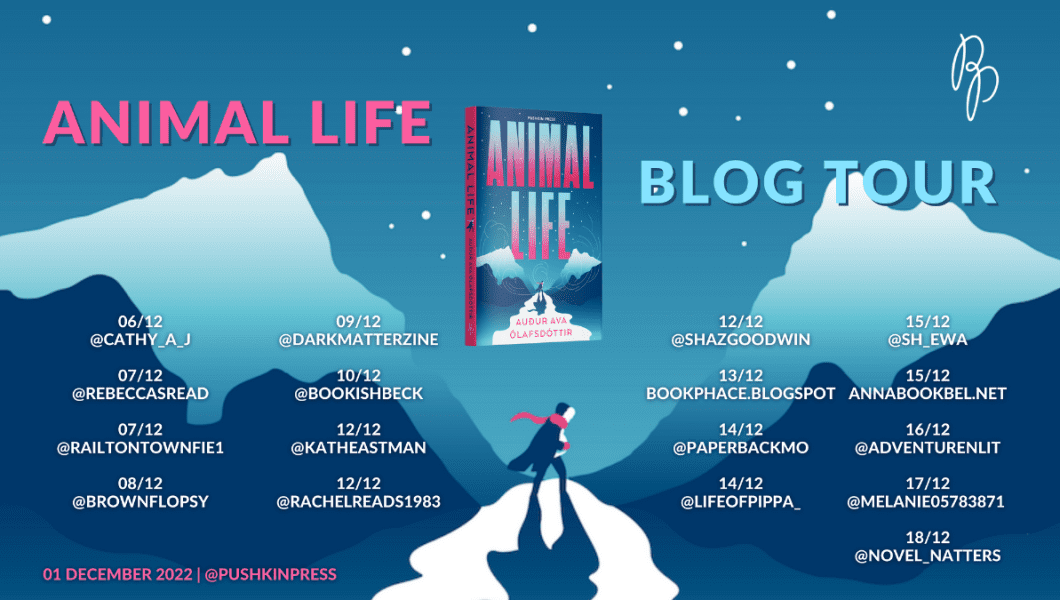
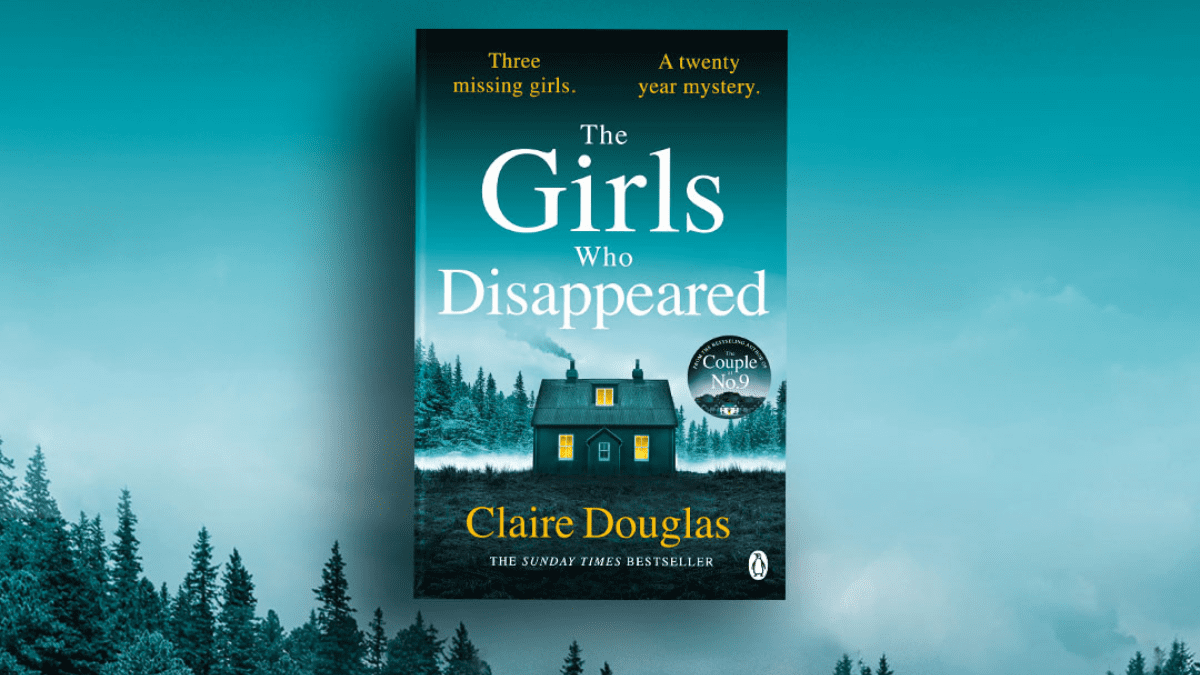

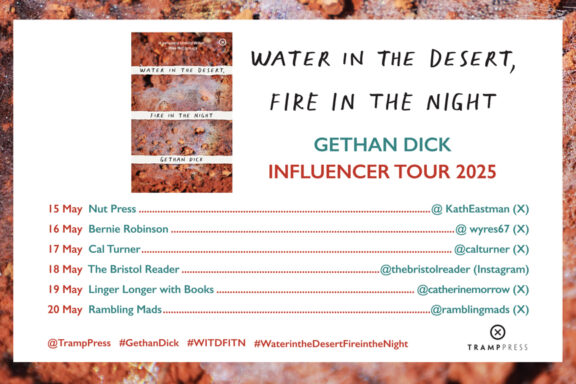
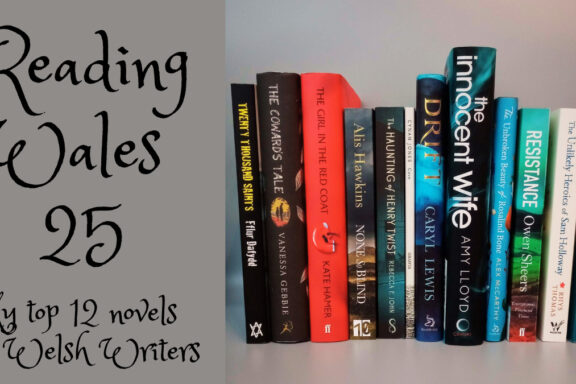
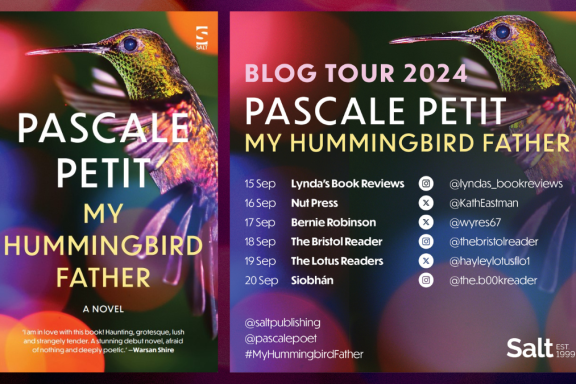
Leave a comment